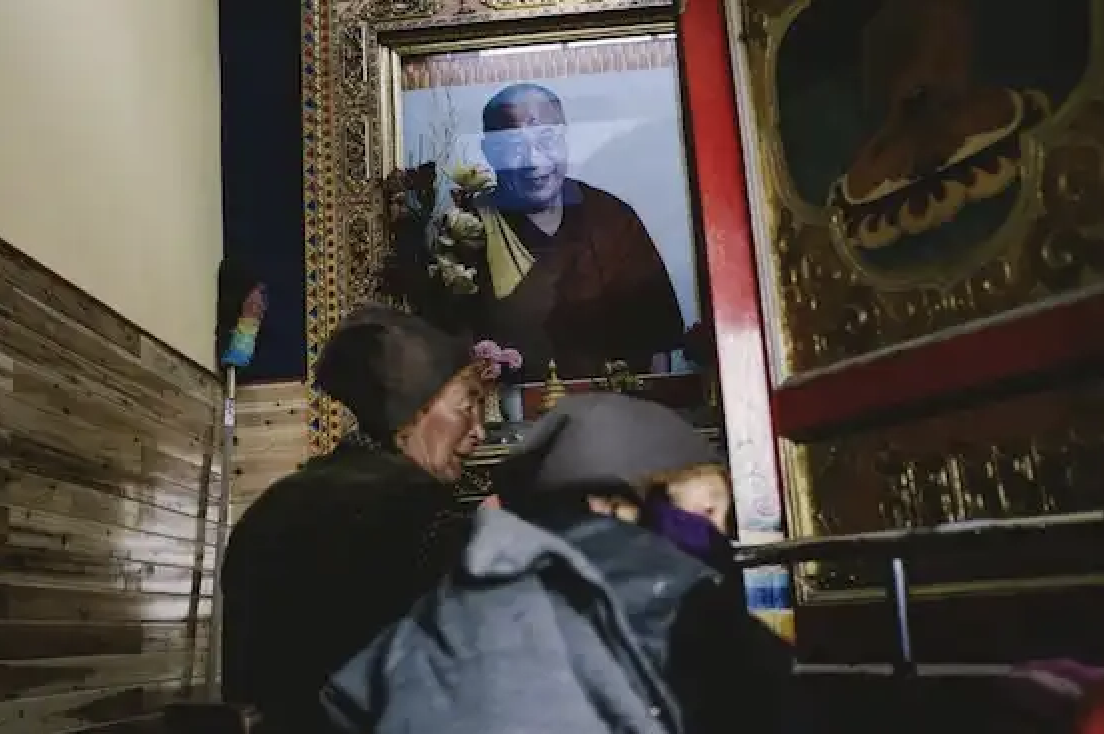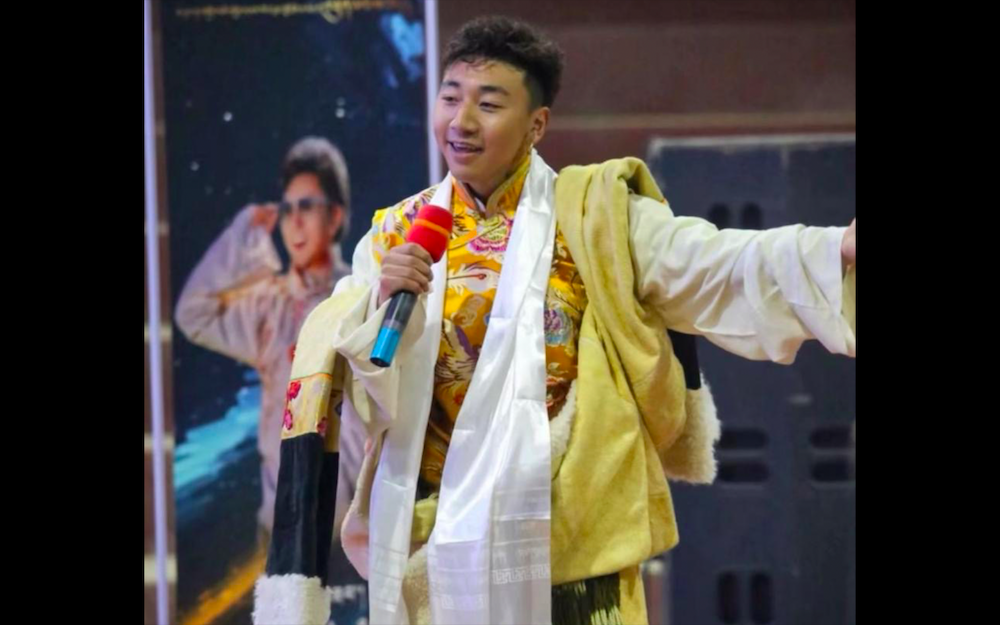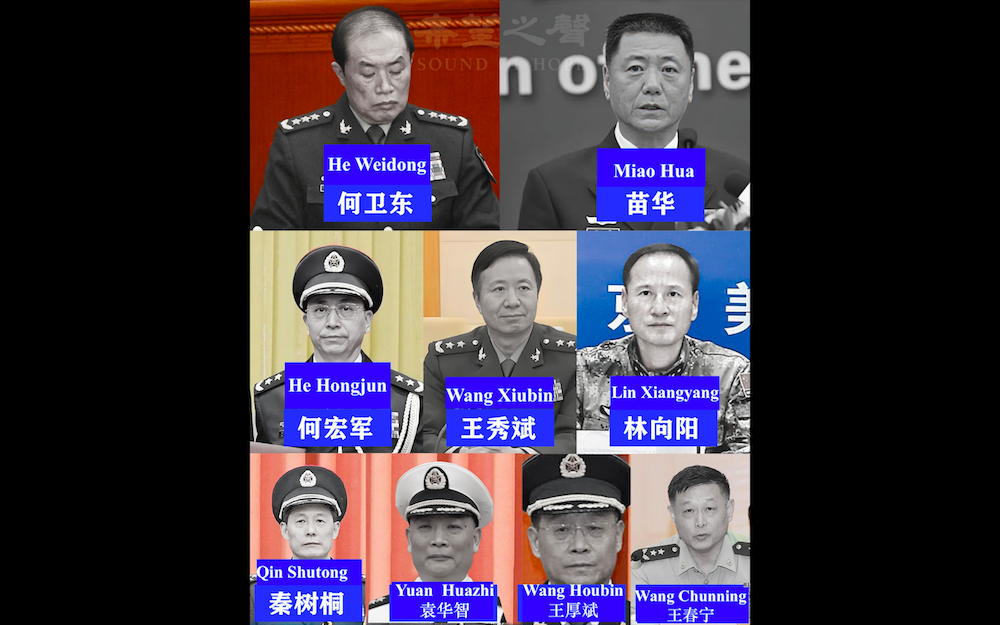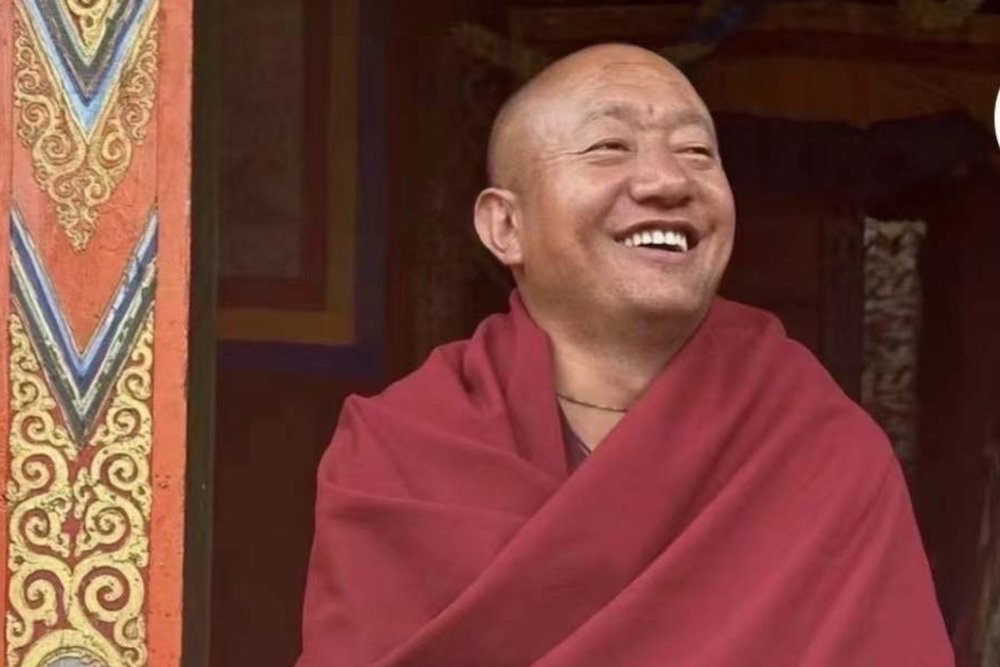September 23 – Marking one of the final centenary commemorations of the British Mission to Tibet, students from across the UK today reflected upon British involvement with Tibet, concluding that successive governments have failed to acknowledge their resposibility towards a century of conflict and divide between Tibet, China and the UK.
Between 1903 and 1904 a British Mission to Tibet was led by Colonel Younghusband. In an academic seminar held last weekend, jointly organised by students, Chair Dr Alex McKay summarised the irony of the Mission ; “Younghusband’s mission was an imperial aggression, ostensibly to prevent Russian influence from dominating Tibet and false rumours of Russian weapons in Lhasa were used to justify its despatch. But even the obvious parallels between Younghusband’s mission and the recent invasion of Iraq have been largely ignored by the British media. ”
The silence of the British media over the Tibetan Mission has been matched by a silence from Whitehall. Speaking from Sussex University ahead of the Labour Party Conference, Alice Speller, Students For a Free Tibet-UK International Coordinator (SFT-UK) remarked “for the current government, admitting that Britain has a history of invasion under false-pretences has a particularly bitter taste- Russian weapons were at that point considered to be weapons of mass destruction! For the Labour Government, they would have to admit that their predecessors negotiated with the Tibetan Government. It puts them into the spotlight, testing their socialist loyalties.” Philippa Carrick, Secretary to the All Party Parliamentary Group for Tibet stated that “it is hugely dissapointing that despite the long-standing British involvement with Tibet, that successive governments have failed to take a greater lead over the Chinese invasion of Tibet in 1950, the aggression of 1959, and subsequent years of repression and control. Above any government in the world, ours has a greater respopnsibility to the Tibetan people, and governments throughout the world look to the UK for a guidance over Tibet. Instead of leadership, our government has stuck its head into the sand.”
The current silence from UK media and government has been capitalised by government news bureaus of the People’s Republic. “This year, commemorations of the Mission have been widely spread throughout Tibet and China” said Emilie Hunter, Co-ordinator of SFT UK, “through TV dramas, and celebrations in Gyantse, the Mission has been transformed from one of British aggression against Tibetans, to aggression against the Chinese motherland. English language reports have extended this message, undermining British foreign policy as one dominated by invasion, occupation and suppression. One report in English even mentioned that the aggression was directed against the Gyantse Autonomous Prefecture, which didnt exist until 1954. It now appears that the aims of Chinese propaganda machines redefine this period of history as a direct aggression by Britain against the PRC, rather than Tibet, will remain unchallenged by our government, and media, who seem to have lost their appetite for responsible reportage.”
In a year that has seen a renewed embargo of weapon sales to the Peoples Republic of China, students the world over were stunned by the invitation of the People’s Liberation Army to perform at the Edinburgh Military Tattoo in Scotland. In actions co-ordinated by Students for A Free Tibet (SFT), and in conjunction with protests in the UK, over 4000 emails were sent to the Tattoo organisers, protesting over the inapporpriate invite, whilst 3000 Tibetans in India mailed letters of distress to the organisers. From India, Tenzin Choeying, SFT India Coordinator noted that “this year, the PLA were invited onto British soil, exactly 100 years after the British army forcibly entered the Tibetan capital Lhasa. In 1950, the Chinese government entered Tibet forcibly and have since claimed Tibet to be an inalienable part of China. It feels that the Scottish invite to the PLA has enabled China to demonstrate its own imperial strength, fifty years after the quest to end colonialism began, and that Britain accepts their claims of ownership over Tibet, despite their historical dealings with the Tibetan Government.” Iain Thom, President of the Edinburgh University Tibet Society reiterated Tenzin Choeying’s remark “inviting Tibet’s occupying force in the centenary year of Younghusband’s invasion is insulting to Tibetans and British people alike. It implies that the British Government support illegitimate occupying forces- treachorous grounds in today’s global climate.”
On the 10th September, the third delegation of Tibetan negotiators left India for Beijing, raising expectations a that a solution to the Sino-Tibetan conflict may be nearing completion within this centennial year. However, scepticism of our own government’s laissaiz-faire attitude has raised concern from Philippa Carrick “the EU and the USA have issued positive statements over this trip, and yet we have silence from our own government.” Director of Free Tibet Campaign, Alison Reynolds noted that it was fitting for the Tibetan envoy to be negotiating in Beijing, 100 years on from British invasion of Tibet. ” I hope 100 years later, positive signs of progress can be made between the Tibetans and Chinese, so as Younghusband marched out of Lhasa, so too can the People’s Republic leave.” Whilst the British government appear content to relegate history to the rubbish-bin, interest in the eve of British colonial policy appears to be generating interest amongst UK students and Chinese government sources alike. It remains to be seen how quick of the mark the British government and media are responding.









